10 Web Design Trends to Watch for in 2024
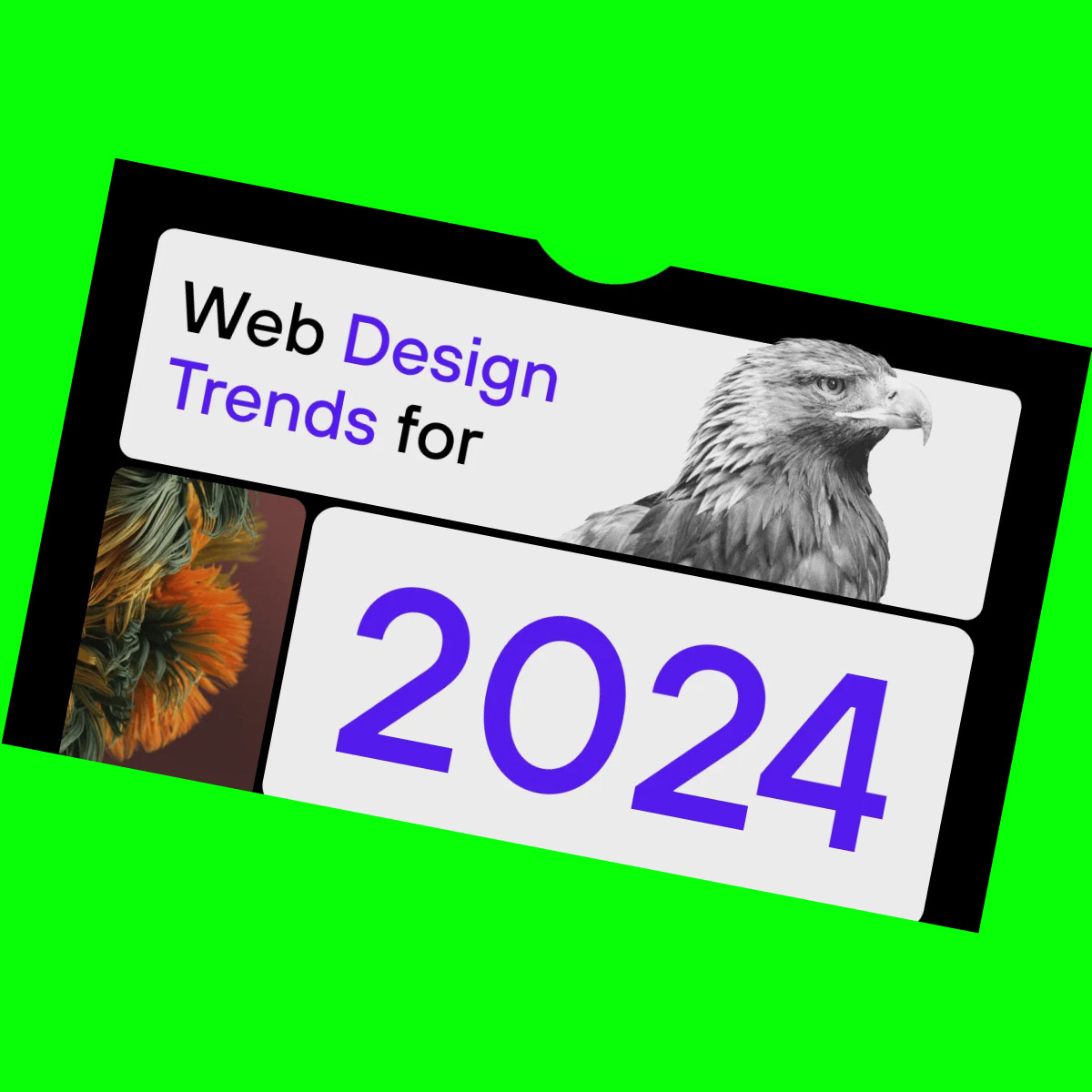
10 Web Design Trends to Watch for in 2024
Index
When it comes to web design trends for 2024, it’s a familiar mix of the old and the relatively new.
Artificial intelligence sure has come a long way in a short amount of time.
Back when comedian John Oliver did a 10-minute bit on Last Week Tonight in August 2022 on using AI image generators to create realistic images of absurd topics (see below), even he must have known the technology would be used for so much more than simply creating the ‘Roast Beef Superhero’.
Since then, image generators and text-to-image models like Craiyon, Midjourney, and DALL-E have had their algorithms refined and seen millions of users create a dizzying array of images; anything from comical memes to serious website design and just about everything in between.
And with the digital landscape continuing to evolve at a rapid rate, we should expect to see even further use of AI technology in web design trends in the immediate years to come.
What else should we expect? Here’s our list of the Top 10 web design trends in 2024 to watch out for, with a brief summary below.
1. Integrating AI and Machine Learning Into Web Design
By now, artificial intelligence and machine learning have transformed from mere buzzwords into integral components of web pages and web design.
They help power dynamic interfaces that adapt to user behaviour, offering personalised experiences that speak directly to consumers. Think of e-commerce websites that not only remember your preferences but also suggest products in your style and budget by utilising sophisticated AI algorithms.
The use of AI tools and machine learning has even been extended to include components of content, layout, and sophisticated interactive modes – making web pages more user-friendly and providing more visual appeal than ever before.
Expect to see even further integration of AI and machine learning in web designs in 2024.
2. More Inclusive and Accessible Web Designs
Where once inclusive design amounted to accessibility features, today it encompasses a much broader understanding of a diverse range of user experiences and design elements.
Features like adjustable text sizes, voice navigation, and alternative ways to consume content are just a few examples that ensure websites are accessible to all, regardless of age or ability.
Such an approach ensures that websites and web content is not only accessible to a diverse range of audiences, but also benefits an even broader spectrum of society.
Think of e-learning platforms that offer content in multiple languages and adjust methodologies to cater to different stages of learning development and educational backgrounds, and you’ve got the idea behind this more inclusive web design trend.
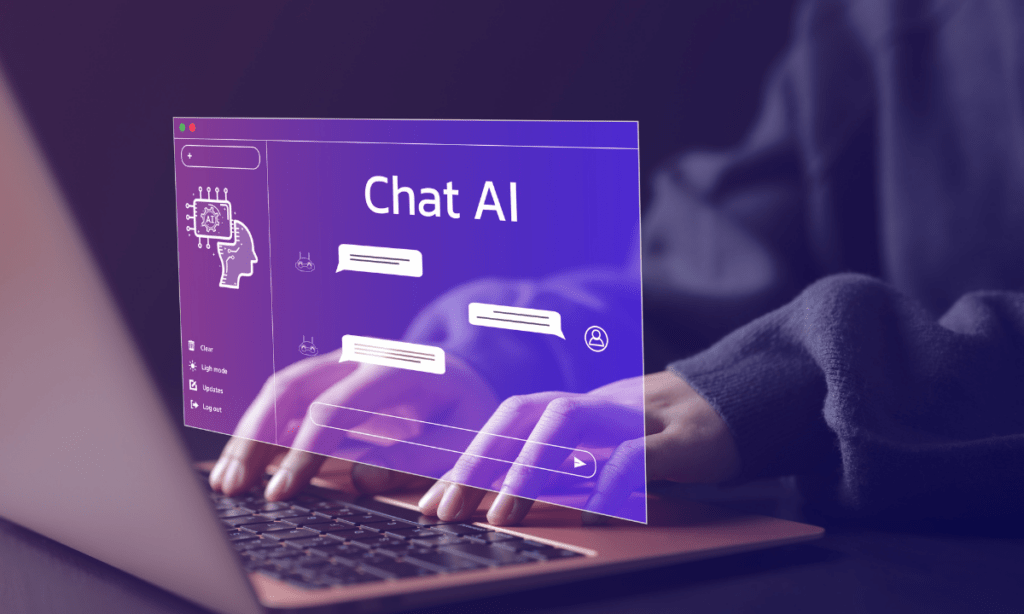
3. Immersive 3D Elements and Virtual Reality
Yes, virtual reality has stalled in recent years and those lifelike avatars we all expected to live out our best lives are probably twiddling their thumbs somewhere in the metaverse.
But it’s hard to deny that 3D elements and virtual reality are helping to revolutionise web designs, offering an immersive experience that helps transform audiences from passive readers into active participants.
Many e-commerce sites make use of ‘try before you buy’ technology, while educational websites use virtual reality to create interactive learning environments that make complex ideas much easier to grasp.
Even traditional institutions like museums and art galleries are using 3D technology to provide virtual tours and allow patrons to get up close and personal – in a digital sense – with priceless works of art.
Coupled with custom graphics and the increasing ‘gamification’ of interactive elements – including the creation of educational games used for learning – we should expect to see even more immersive elements and virtual reality as one of the top web design trends for 2024.
4. Balancing Minimalism With Maximalism
‘Accept all cookies?’ ‘Save password?’ ‘Need help?’
If you feel like websites are getting crowded these days, you’re not alone.
From cookie consent prompts to login requests and embedded chatbots, it can sometimes feel like every available piece of real estate has been used.
Yet with so much of a focus on stripping back to the essentials in recent years, there’s an undeniable sense of ‘minimalism’ now rippling through the latest web design trends.
While minimalism focuses on simplicity and functionality – removing unnecessary elements and taking heed of user preferences – the art of ‘maximalism’ celebrates extravagance with bold colours, large text, and an unmissable hero image.
It’s a juxtaposition that creates strikingly beautiful websites that are not only visually appealing but also highly functional – and among the web design trends we expect to see more of in 2024.
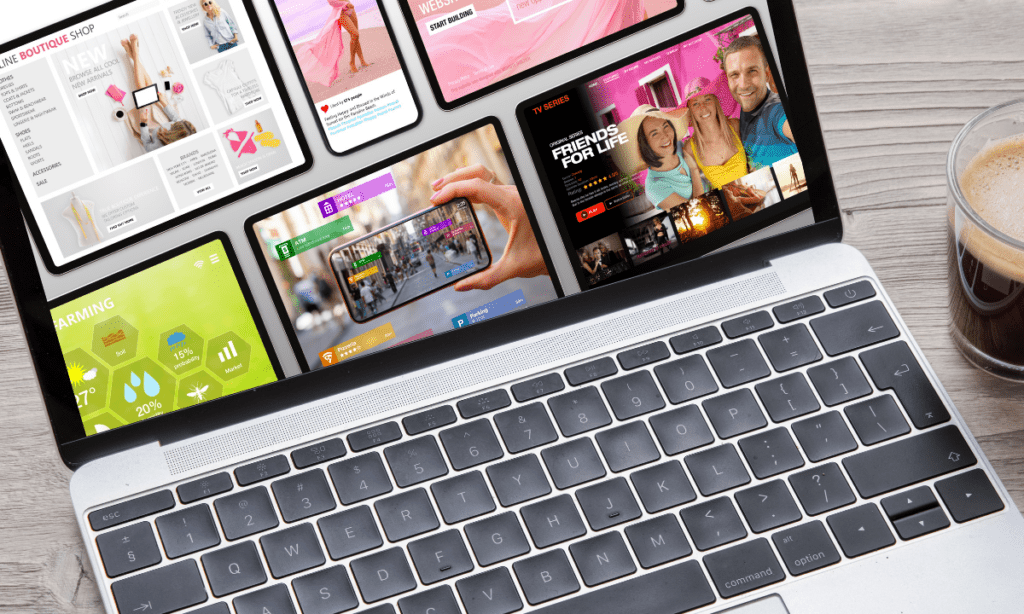
5. Advanced Animations and Interactive Elements
Where once the most interactive element on a website was a simple slider and the occasional hover effect, today many websites incorporate far more advanced animated elements and design examples – including complex animations and other micro animations that respond to user actions.
These elements are designed to provide instant feedback and enhance the user experience, making websites feel more responsive and keeping users more engaged than a simple, old-school static page.
And while animations and similar website design elements don’t necessarily come easily – and front-end developers and related interaction designers are consequently in high demand – they’re one of the more sophisticated design trends to help your website stand out amid a sea of competitors.
6. Sustainable and Eco-Friendly Design
Sustainability isn’t just a buzzword thrown around by businesses looking to score brownie points with Gen Z, it’s now a key pillar for many companies across the digital world.
With growing concerns around climate change and environmental issues, environmentally-friendly website design is just one part of building a more sustainable future.
Expect a renewed focus on creating websites that consume less energy and use optimised images and code designed to reduce carbon footprints.
Some web designers are even making the most of ‘green hosting’ – seeking renewable energy sources and encouraging end users to make eco-friendly choices, such as carbon-neutral shipping – as part of their web design.
7. Focus on Mobile-First Design
What are you reading this article on? If the answer is your mobile phone, you’re hardly alone.
More than 55% of all website traffic now comes from mobile devices, with the rise of smartphones and tablets having transformed web design trends and the way consumers access the internet.
That means mobile-first design optimised for smaller screens and featuring touch-friendly navigation, faster load times, and micro animations will remain a high priority for web design in 2024.
Long gone are the days when designers focused solely on making websites for desktops and web browsers.
Today, responsive design that takes into account things like gesture-based navigation and context-aware interfaces is a great example of one of the key website design trends informing modern web design.
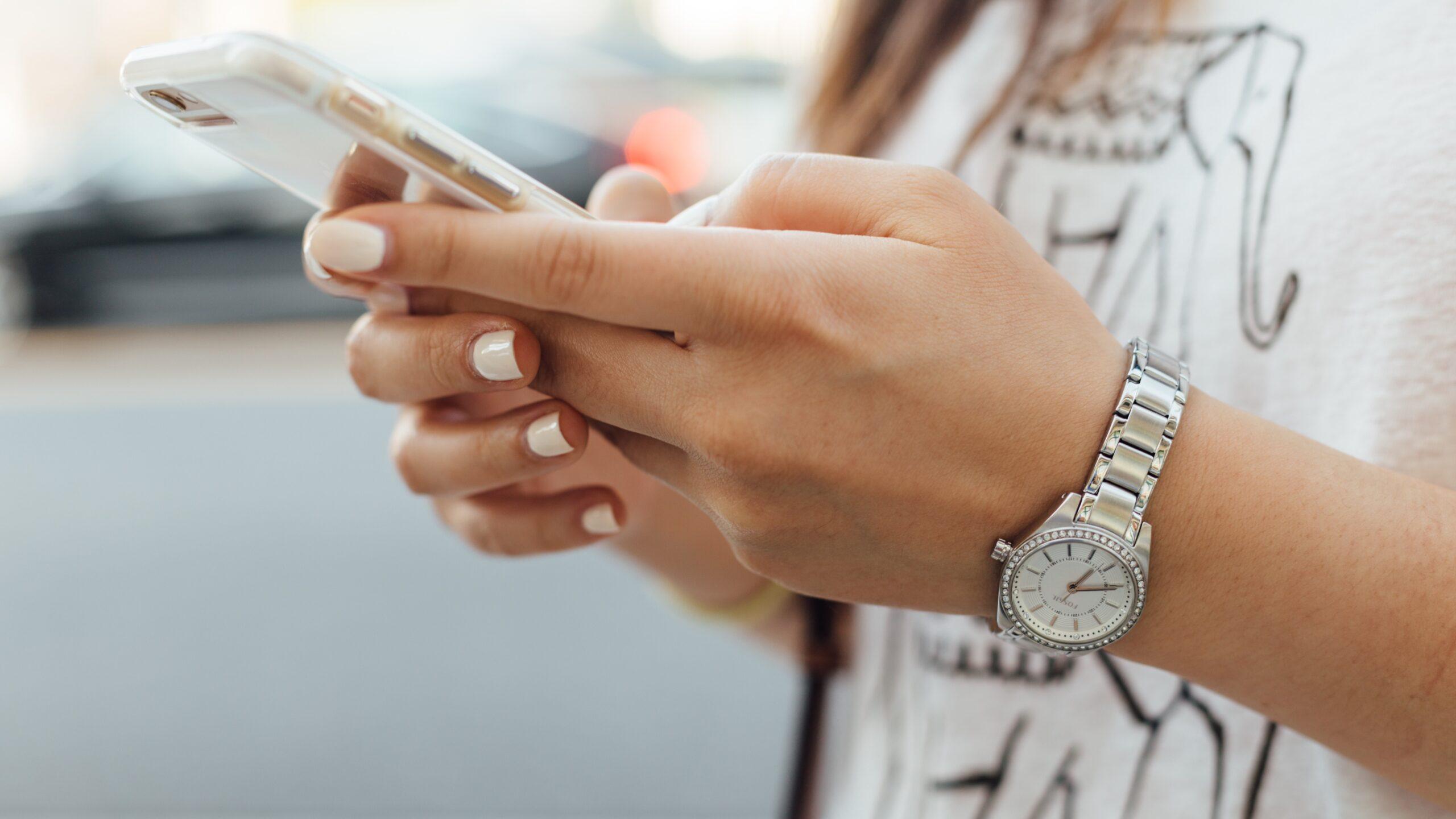
8. The Aesthetics of Dark Mode
Dark mode has become more than a fashionable trend; it’s now a standard feature in modern web design.
Why? Because it not only reduces eye strain and saves battery life on a range of devices, it also offers a sleek and modern look that appeals to many modern web users.
Today, many websites offer a toggle switch for users to choose between light and dark modes, catering to a diverse range of personal preferences and ensuring it’s likely to remain one of the key web design trends for 2024.
9. Dynamic Typography and Creative Text Layouts
It may be one of the less talked-about elements of web design, but in recent years, typography has taken some huge creative leaps.
No longer just about readability, today’s bold typography trends are as much about expression as they are ensuring users can easily read each piece of content on the page.
Creative text layouts that break the traditional grid, considered use of white space, and text that overlaps with a hero image and other elements are a great example of the digital aesthetics currently in vogue, while different fonts and sizes help to create layered visual hierarchy across a website’s design.
It’s an approach that’s more dynamic and helps direct site visitors to the key information on the page – and one of the web design trends we expect to see much more of in 2024.
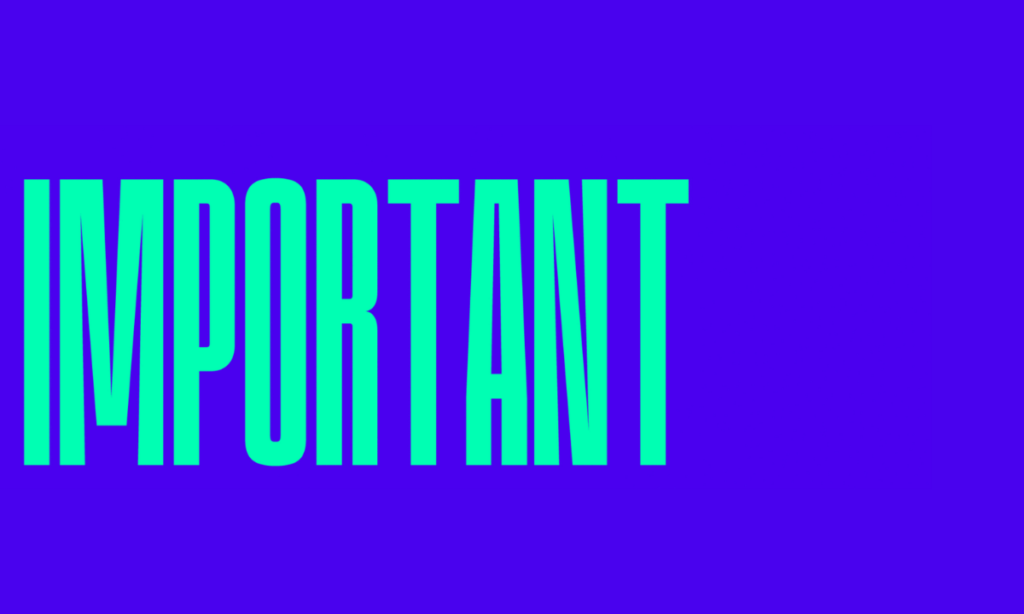
10. Augmented Reality and Interactive Storytelling
While Augmented Reality (AR) still seems some way off becoming part of our everyday lives, there’s no denying that interactive storytelling will continue to play an important role in web design going forward.
Experiential technology like AR allows internet users to imagine how products can be used in their own space, with online fashion retailers often using it to help customers virtually try on clothes.
Meanwhile, interactive storytelling – often favoured by many news outlets – can help tell stories on websites in a more engaging way that helps users scroll to key content and genuinely resonates with an engaged audience.
At its core, using AR and interactive storytelling in website design is simply about creating a website experience that is more memorable and impactful.
Summing Up Web Design Trends for 2024
While the year is likely to conjure plenty more technological advancements, great website design is all about evolving beyond simple pages for conveying information to platforms that offer a seamless user experience, emotional connections, and ultimately resonate on a deeper level with their audience.
And while some websites will always be more basic than others, web design trends that encompass aesthetic appeal, user experience, accessibility, and creative expression will remain just a few of the key web design trends for 2024.
We’re all about the design world here at Hunt & Hawk. If you’re keen to know what’s all the rage or you need to discuss any element of your design aesthetics, drop us a line at hello@huntandhawk.com or book a meeting to schedule a chat.
We’re here to help your web designs soar.
For more design insights, read more on our blog.
FAQS
What Is the Future of Graphic Design in 2024?
Maximalism and sustainability are in, but 2024 will also see an added focus on accessibility and design that keeps users engaged. Expect plenty of designers to work with bold palettes and kinetic typography.
What Is the AI Design Trend in 2024?
Motion design and animations are likely to be influenced by AI in 2024, leading to more dynamic and interactive visual experiences.
What Is the Trend in Landing Pages in 2024?
Static websites are becoming a thing of the past, with user-friendly storytelling and kinetic typography that encourages users to scroll set to be a key focus on landing pages in 2024.